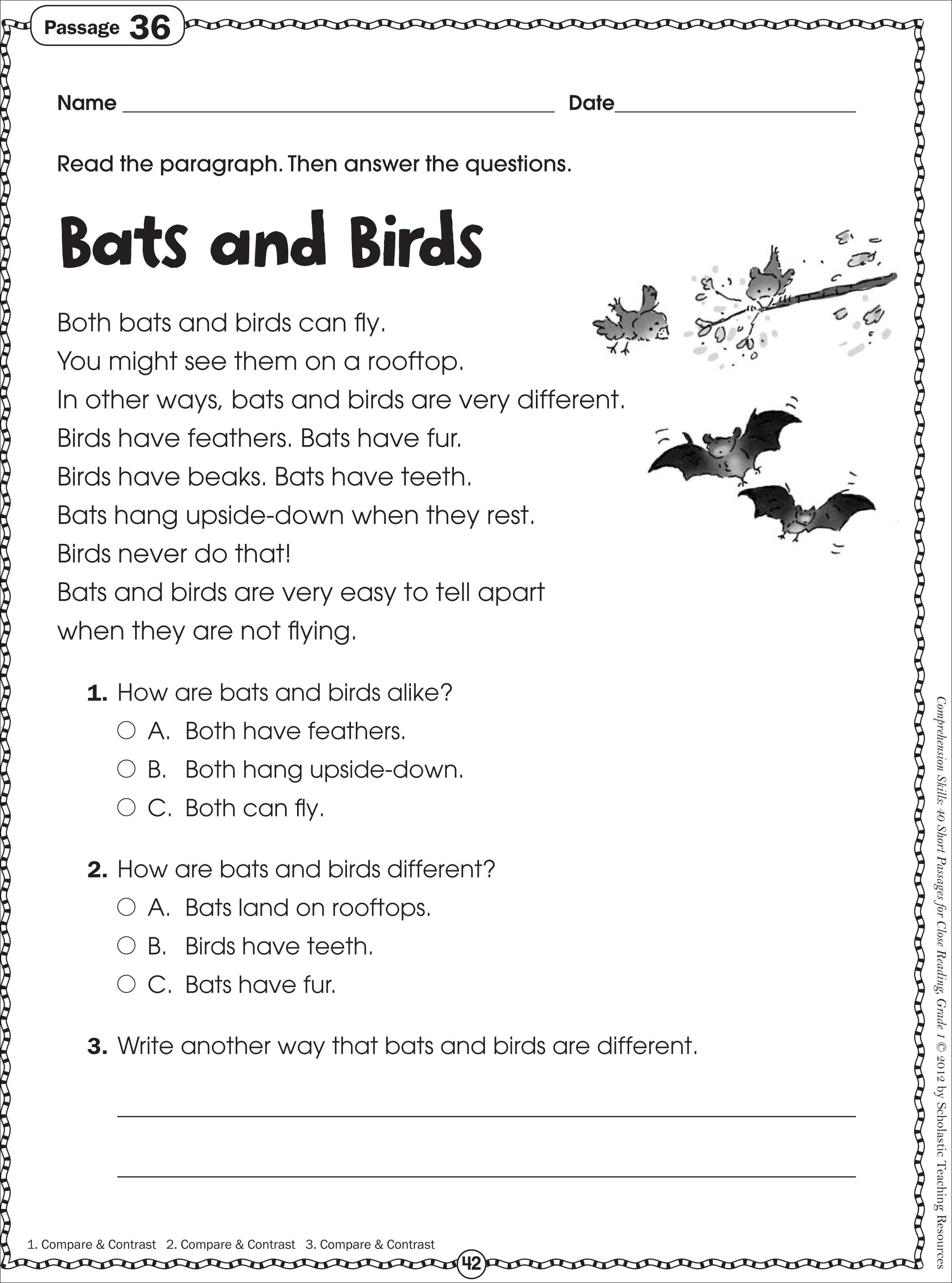

Similarly, you can read the hot new debut, or novel that has received acres of fawning reviews and think, 'I could do better than that I'm a much better writer, why don't I get the plaudits?' Both responses are damaging. Reading a book like Austerlitz by W G Sebald, The Collected Stories of Grace Paley or The Unconsoled by Kazuo Ishiguro can be a debilitating experience: you read them and think, 'Well, I could never write as well as that'. While reading is vital, it's just as important to not get bogged down by thinking too much about other writers. Do not compare yourself favourably or unfavourably to another writer If you want to be anything in between - or preferably that rare bird that is both - you need to read too.

The best writers were and are readers bestselling novelists are readers too. Ask booksellers for recommendations, read blogs about books, go to the library.

Read as widely as you can, in the genre in which you wish to write, and far outside of it. They'd claim that, as a consequence, their typescript was undoubtedly original. When I was an editor, I used to receive cover letters from people proud of the fact that they hadn't read many books. I became a writer because I was a reader first, and I wouldn't have written anything without that grounding. If you're a writer, you have to be a reader That said, there are some general things that I think do apply to all creative writing. After all, I write in a certain way that would, for example, probably be of no use to someone writing an historical or science fiction novel. Writing is such a personal thing that putting across a set of edicts that everyone should follow seems rather reductive. Stuart Evers shares his thoughts about writing short stories, from finding inspiration to the importance of practice.


 0 kommentar(er)
0 kommentar(er)
